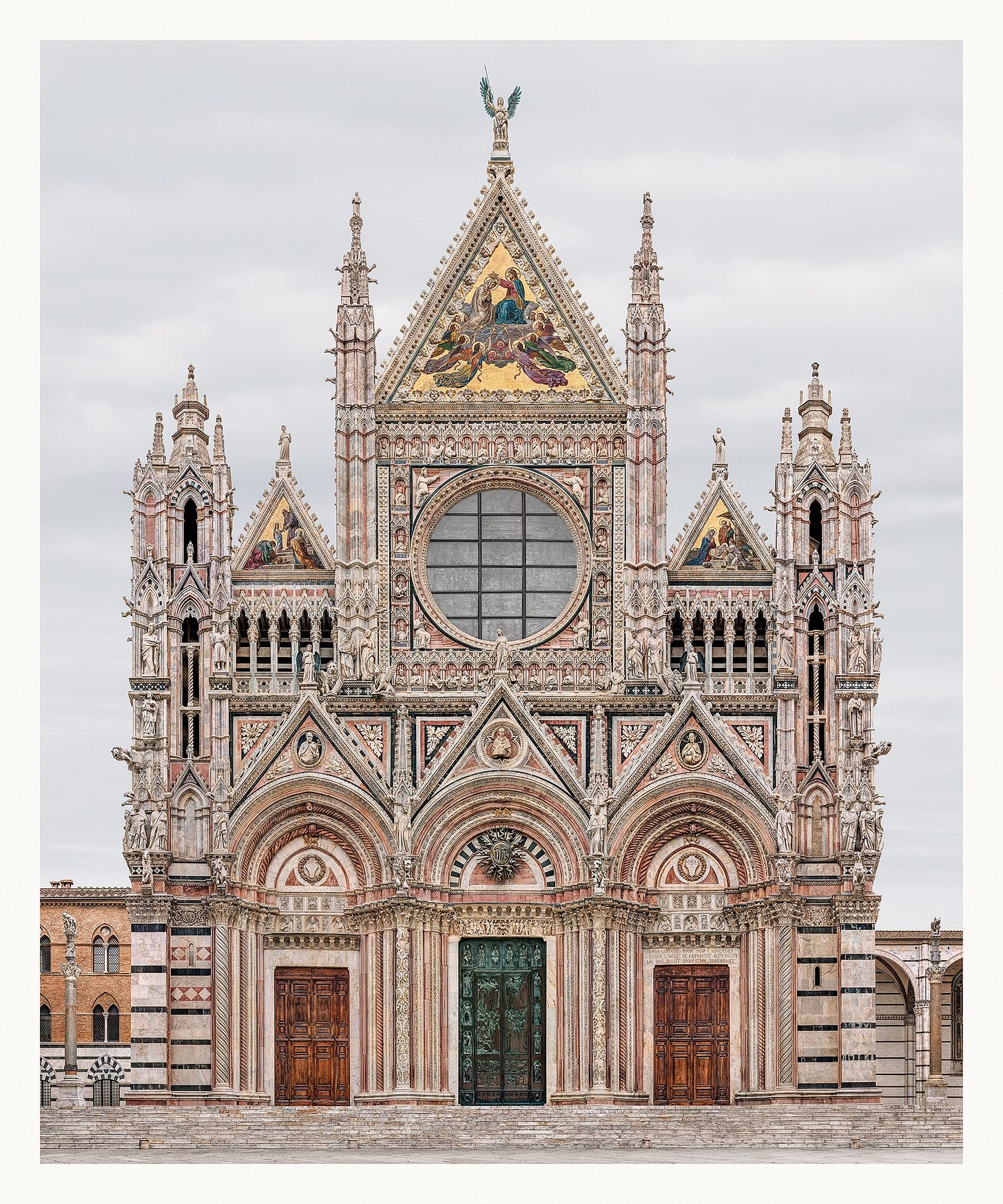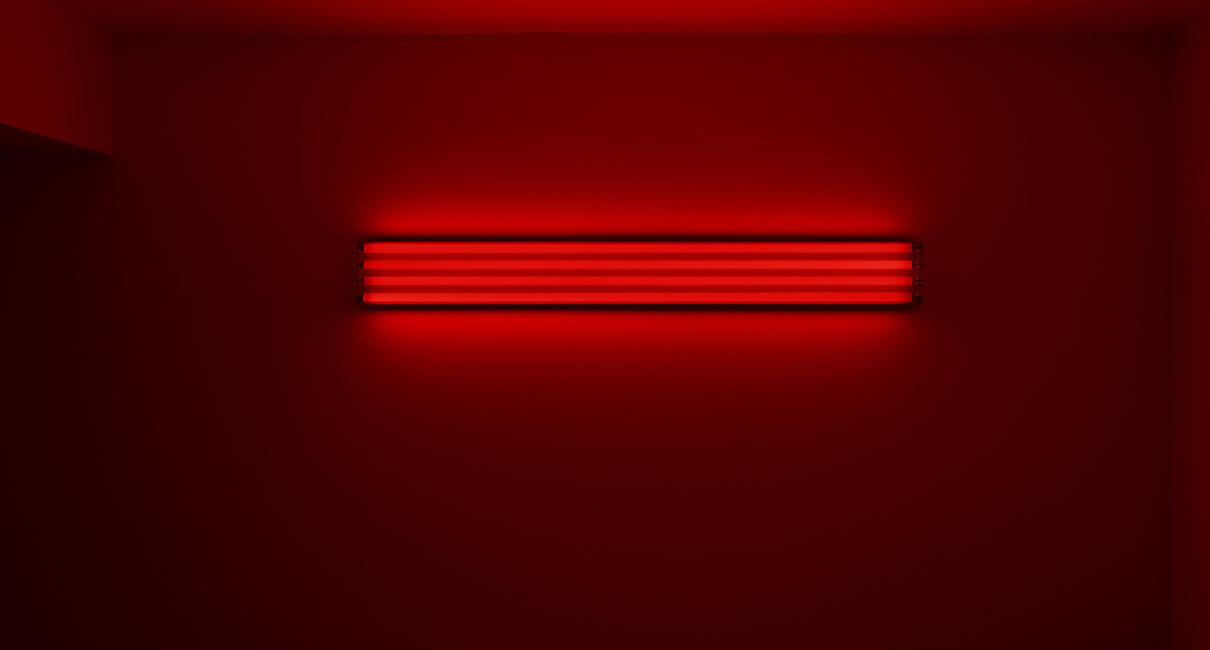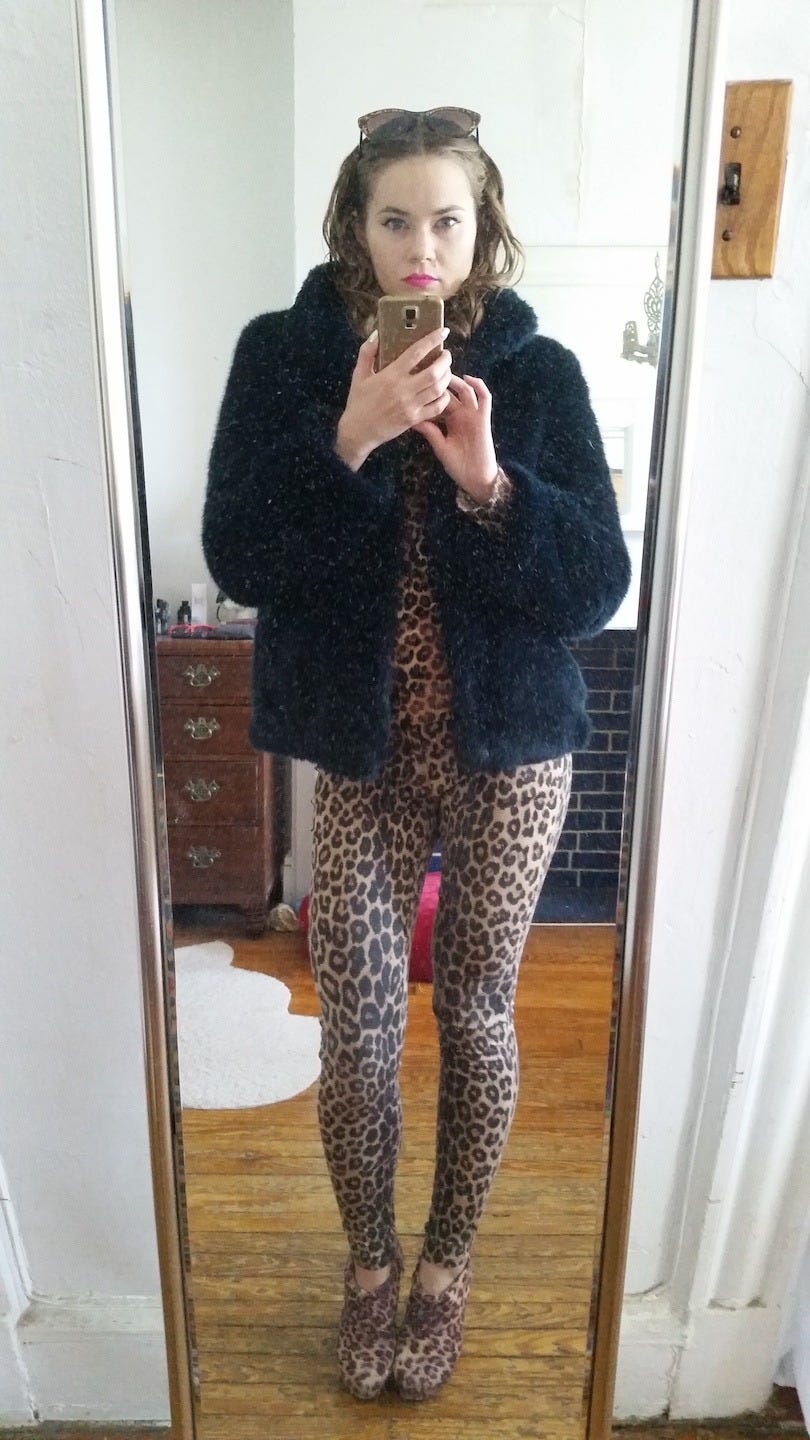I want to start this with a sexy sentence so that this whole essay feels like this, like a woman named Louise in Paris in a maison close, wearing an odalisque costume, so that when she crawls on her knees across a boxspring bed of the fin de siècle the chain of coins around her waist sings along with its creaking.
That’s an image from a novel I have just started to write. In the cycle of writing novels my least favorite phase is the new moon, which is completely dark. With whom am I going to spend the next five, six, seven years of my life? (Side note: It’s so nice, writing, editing, and publishing this column for other brains to read in the space of 10 or so days—as instant a gratification as a novelist can get.)
I do have a technique for commencing novels from zero and it is to make a list of obsessions. I have been doing this since I was a teenager and the things I would do to be able to read one of those first lists, composed maybe summertime 1999. The King Ad-Rock, Kool King 100s in a hard box, and Cherry Coke would probably go one, two, three, if I had to guess, which I do have to because when I moved to New York in 2001 I shed the archives of my old self, like college-ruled notebook pages, like my accent, like a snake’s skin.
So here’s my list from springtime 2025, with some redactions because not all my obsessions are your business:
1. Aftermath women
2. Grimy chaotic port cities
3. Maps of grimy chaotic port cities
4. Political violence
5. Love stories, like she holds his hand that is wet with her. She puts two of his fingertips just inside her mouth and him, he lays down his head in the crook of Louise’s neck.
6. That lady on the A train: stealthy (“‘You stabbed me?’ he asked her with genuine surprise.”)
7. REDACTED
8. REDACTED
9. The font of the future of one hundred years ago of BRUSSEL <CENTRAAL> train station
10. Walking down Ninth Avenue on a Manhattan Saturday night in a trench coat in warm-cool weather alongside another silent woman listening to the voices of two older men talking, it could have been so many years at once as though everyone passing including the four of us were superimpositions of cutouts from magazines from different decades. Like the Rudy Burckhardt photo of the piazza of a pretty city whose name I forget that I just saw in Edwin Denby’s Mediterranean Cities that Richard just bought. Like the people were added later or taken from another place.
11. At the Palais Garnier the red velvet doors with their gold POUSSEZ and when I pushed under my hand was the plush flatness of a taxidermied animal.
12. REDACTED
13. All the colors of the color red.
Just so you know, this technique does not work. Instead, I was in London on a trip, jet-lagged and also in a bad mood, avoiding thinking about my last book or my next book or any book ever, when I descended a gallery’s stairs into a little basement room painted all red. In it was a single piece of art, which was four fluorescent tubes, red too, mounted on the wall and not the ceiling. There was a little bench for viewing and on it I perched and stared into the stacked tubes that were not only glowing but buzzing with a sound that was red as well. It was like they were a portal to another world. It was like they had information for me. It happened to be the morning before a solar eclipse that would turn the dark new moon a dull matte blood. And there it was, a new novel.
What I’m talking about is seduction. A writer must be seduced into writing a book and a reader must be seduced into reading it. Unlike energy or mystery, seduction is such a fundamental quality of literature that it feels strange to seek more of it in the fiction of the 2020s. But, yes, as I want more for all of us writers of literary fiction, what if everyone’s books were sexier?
And I’m not talking about sex. There are so many middlebrow books these days that graphically describe sex, it’s starting to remind me of being a teenager and noticing that your mom and her friends are suddenly wearing your style of jeans. It’s time to get new jeans. But I digress, back to sexiness.
The most seductive thing in a novel, as in life, is confidence. In my opinion the best characters are not winners but losers with some fight in them but that has nothing to do with this. This is about style. On a recent evening, I attended a “Bleak Week: Cinema of Despair” screening at the Paris Theater of one of the most perverse films of all time, Todd Solondz’s Happiness. There’s nothing pretty in this movie: it’s shot like a primetime soap opera, set in New Jersey and Florida, and even Lara Flynn Boyle at her glamorous peak (looking at her now was like a synesthetic experience, like she was the color, smell, and shape of the year 1998) absolutely fucking hates herself. But the movie’s confidence in itself—from the placement of the title card to the rhythm of the dialogue to the penultimate, touching scene between pedophile father and pre-adolescent son (if you know, then you know)—is supreme. It’s totally seductive in its beautiful ugliness. Also, thank you to the audience member who during the Q+A asked Solondz if he thought dads were better these days than 25, 30 years ago. When he asked if she meant, like, dads in films she said, no that she meant, like, men in general. I haven’t laughed so freely with so many other people in a communal space in so long. It was as if a sign, like the post-COVID era has finally come to an end. (For his part, Solondz answered that he had noticed no improvement or unimprovement in dads or men.)
Confession: it was me who said in a recent roundup of hot literary takes for Zona Motel’s gossip column, “Autofiction is lazy and cruel. Use your imagination.” Like any hot hot take this is bitchy, unpopular, and reductive, as of course there is plenty of great autofiction in the world. To be less provocative, what I mean—and I’ve come to this question the hard way, via age—is don’t we have a responsibility to the real, living people who have real, living emotions who have populated our lives? What I also mean is fiction is about fakery. It’s about fantasy, even “realism,” even Dirty Realism, my favorite. Characters are words on a page and we have no responsibility to them. They don’t have a worldly job, like representing an identity group or an ideology or enacting interpersonal revenge. Their main job, in my opinion, is seduction. Characters and plot and prose should pull the reader along like a silk belt on a robe and, yes, if the writer is perceptive of what it's like to be alive, the reader will end up at some truth—nakedness—that is stylistically striking but otherwise ambiguous. An aesthetic amplification of the real. Plus, it’s as expansive as laughing as one in a full movie theater: making composites, sublimating, letting the imagination run wild. But, another thing I’ve learned with age, and I say this with more confidence every year, what do I know?
How did we get here? We’re supposed to be crawling around a bed in a house of tolerance wearing only money in the 1890s. I open The Quiet American which I am rereading because it has something to do, maybe, with the new novel I have started writing, looking for an irresistible few sentences on kept women or American spies or the smell of opium, those shiny things that tend to catch my particular eye, and instead what turns my head is a note from the author:
Dear Réné and Phuong,
I have asked permission to dedicate this book to you not only in memory of the happy evenings I have spent with you in Saigon over the last five years, but also because I have quite shamelessly borrowed the location of your flat to house one of my characters, and your name, Phuong, for the convenience of readers because it is simple, beautiful and easy to pronounce, which is not true of all your country-women’s names. You will both realize I have borrowed little else, certainly not the characters of anyone in Viet Nam. Pyle, Granger, Fowler, Vigot, Joe—these have had no originals in the life of Saigon or Hanoi, and General Thé is dead: shot in the back, so they say. Even the historical events have been in at least one case rearranged. For example, the big bomb near the Continental preceded and did not follow the bicycle bombs. I have no scruples about such small changes. This is a story and not a piece of history, and I hope that as a story about a few imaginary characters it will pass for both of you one hot Saigon evening.
Yours affectionately,
Graham Greene
As I’m having conflicted feelings about this essay on seduction taking a turn into morality, let’s end on something simple, straightforward, true: all femme characters in literature should wear red lipstick. In my life there has been a long string of reds but my current paramour is the MAC Powder Kiss Liquid Lipstick in MACsmash. It’s a vivid blue-red in a plush formula that stays but doesn’t dry down and crack in brittleness, so you never look like the year 2016, synesthetically.
Next month: Architecture. In fiction there’s nothing that turns me on more than structure.

COLUMN: Big Emotions #2
I don’t know why. I don’t know why I’m alive. I don’t know why my mother was my mother or my father is my father. I don’t know why I’m a woman or a writer or a human being. I don’t know why there is …








This is great. Seductive, precise, expansive. I would so gladly read a craft book with these entries.
Another great column, Katherine. Looking forward to the architecture/structure one next month.